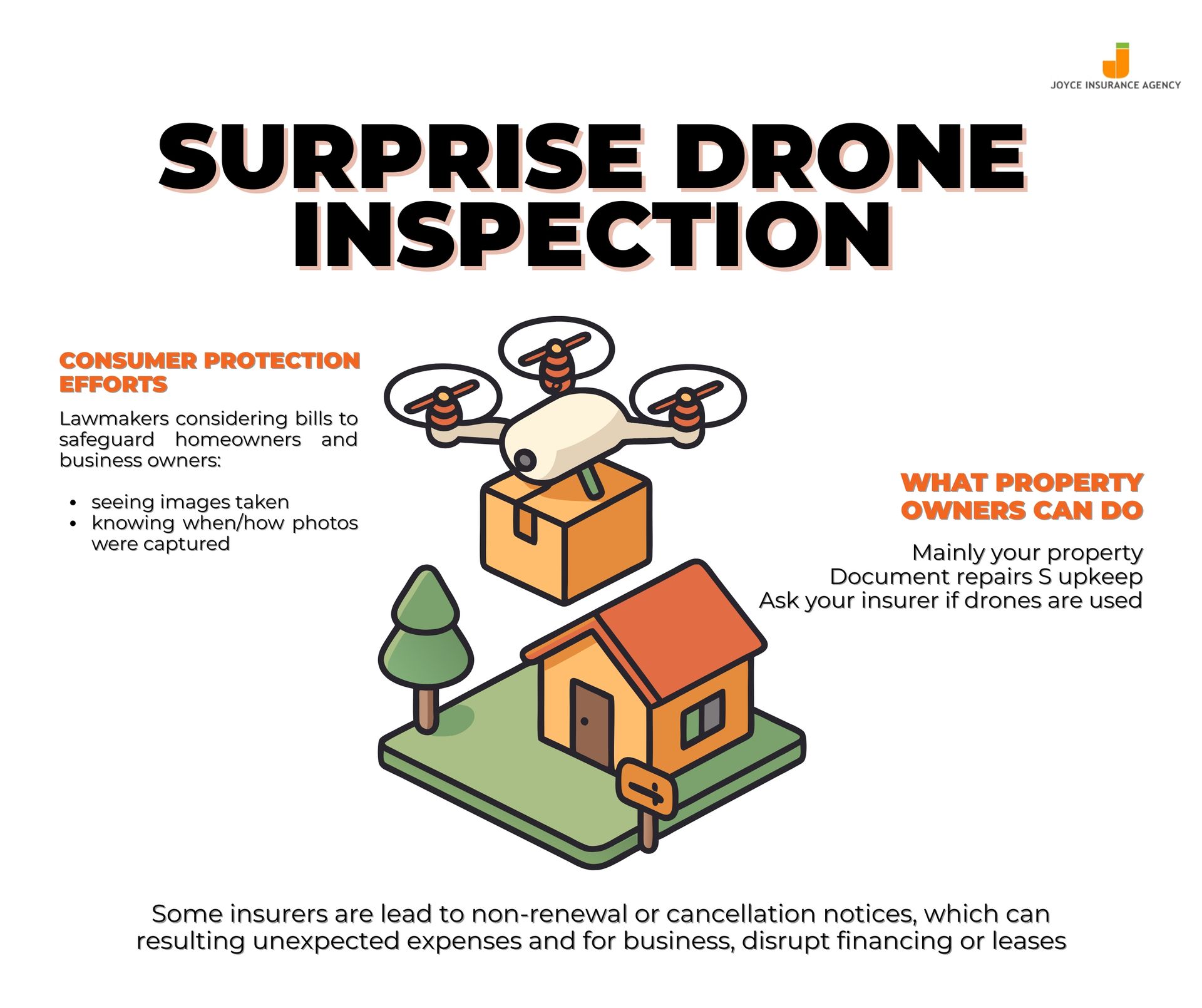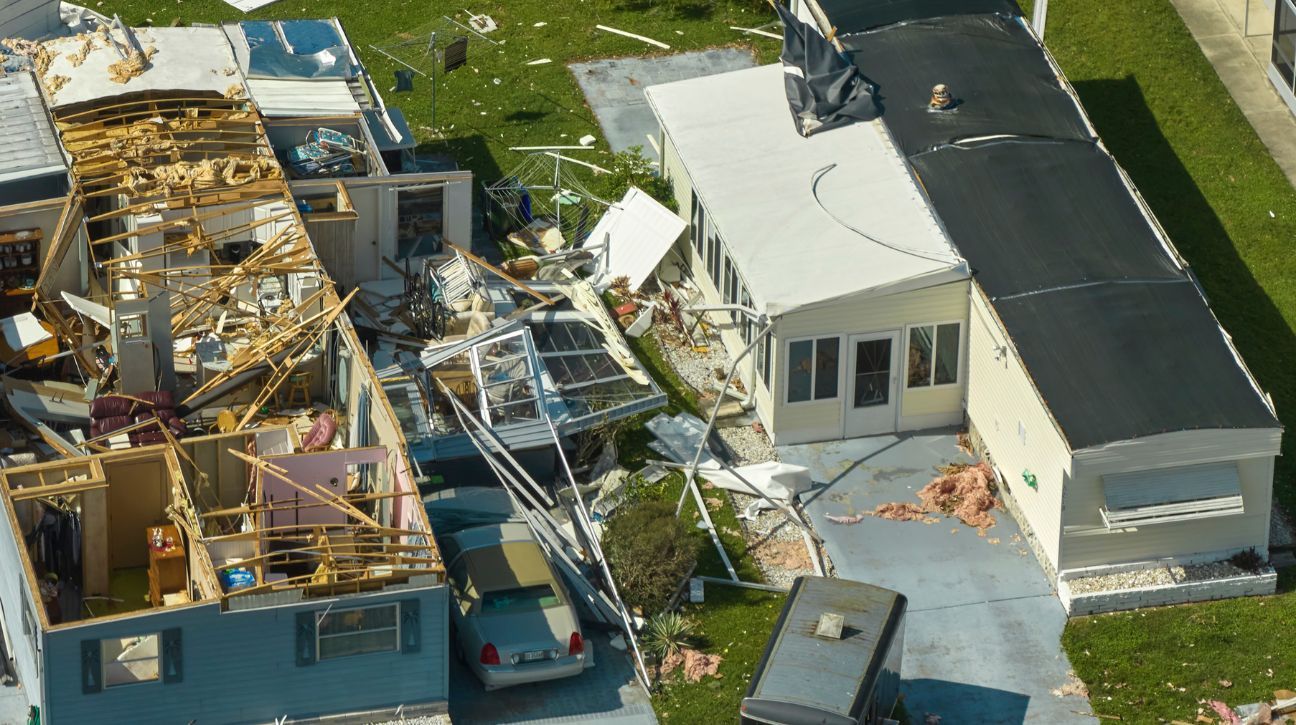We strive to business solutions ideal for small & large projects with customized project requirements.
Contact Us
Address: 2 Joyce Plaza, Stony Point, NY 10980, United States
MAIL: service@joyceins.com
Phone: 845-942-7200
Fax: 845-429-1591
The information on this website is provided for informational purposes only. Nothing on this website should be construed as a solicitation, proposal, offer, recommendation, endorsement, or advice regarding any insurance product. The information on this website is of a general nature and is not intended as a substitute for individual consultation with a licensed insurance professional. In no event will we undertake to advise you regarding your need for any insurance product. You are responsible for determining what insurance products you need and in what amounts, based on your unique exposure to risks and ability to bear losses. Not all insurance programs are available in all states.
All Rights Reserved | Joyce Insurance Agency Insurance Licensing | Privacy Policy | Legal Disclaimer | Sitemap | Built & SEO'd by Convirtue









